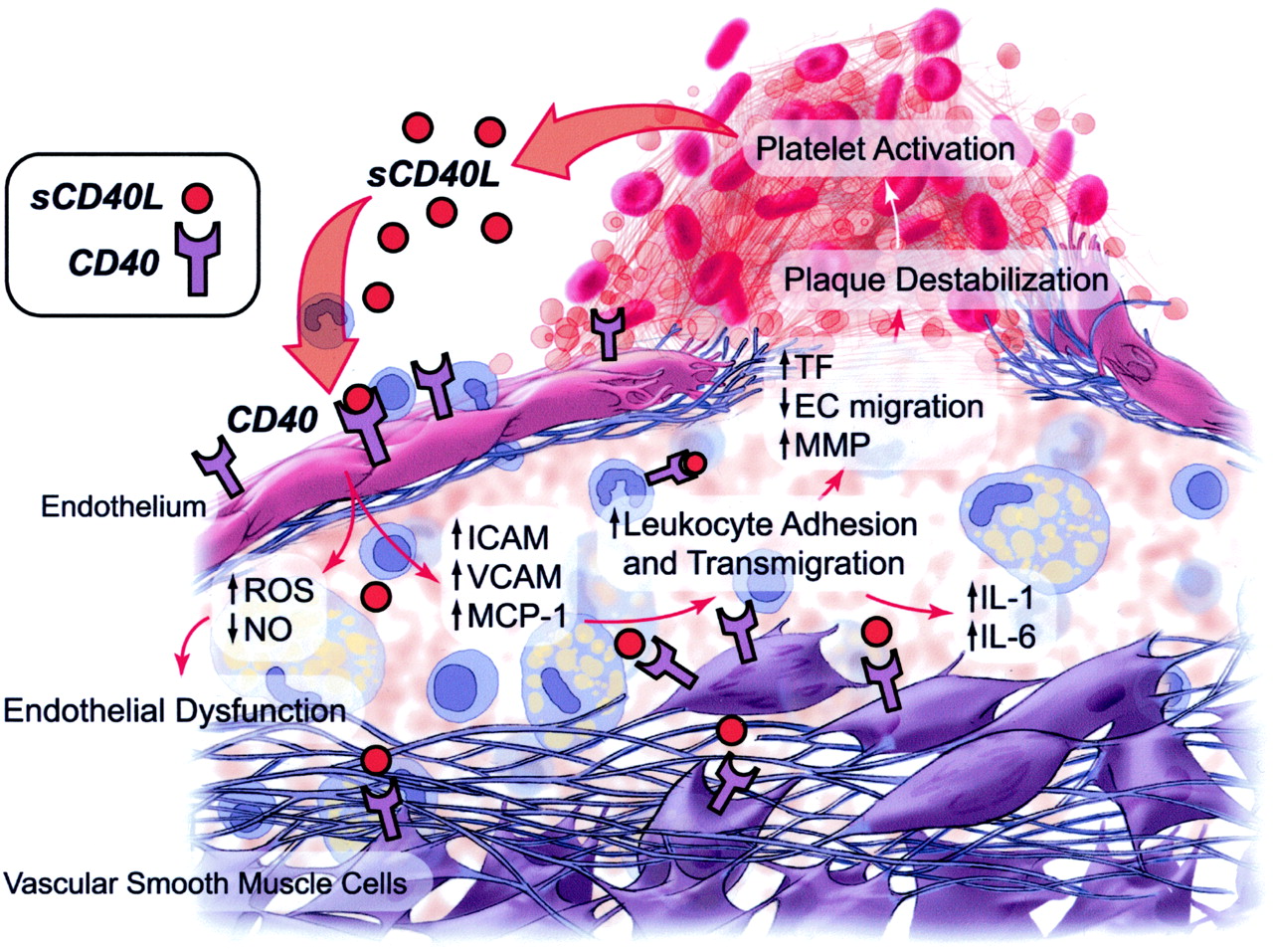 Inflammatory Marker Testing
Inflammatory Marker Testing
Many physicians believe that inflammatory marker testing is an important link to the diagnosis of mold and environmental exposures. If a patient has been exposed to fungal and yeast contaminates in a water damaged indoor environment there is 99% likelihood that they will test positive for inflammatory markers. The fallacy in this line of thought is that there are so many other environmental insults to the human body that can cause positive results for an inflammatory marker testing, these results may yield what is to be considered as an unreliable or “false positive” for mold exposure.
Secondly, though one may test positive for inflammatory markers it is impossible to clearly identify with any amount of scientific certainty what species of fungus, yeast, compounds, or elements within any particular environment would have been responsible for a positive result. The National Treatment Centers for Environmental Disease finds inflammatory marker testing to be in a category of “over testing” the patient and most times is administered without medical necessity, as it provides no clear cut path for medical treatment for the physician, or direction for the patient.
In essence, inflammatory marker testing is a downstream symptom / result of a primary insult to the human body, or exposure. The key to patient recovery is to treat the cause, not the symptom.

